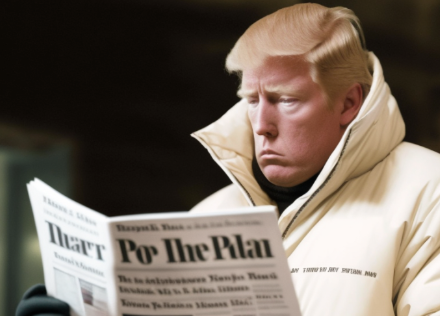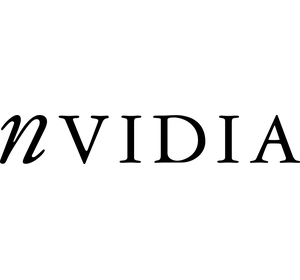$NOC $LMT $RTX
#NATO #defense #Germany #Trump #militaryspending #USD #geopolitics #internationalrelations #defensestocks #NATOSpending
In a move that signals a significant shift in defense spending strategy among NATO members, Germany has expressed its support for U.S. President Donald Trump’s campaign to increase the defense budget threshold. German foreign minister Johann Wadephul publicly endorsed the U.S. administration’s call for NATO members to commit to a higher defense spending target. This endorsement marks a pivotal moment in the longstanding debate over NATO’s financial contributions and defense capabilities, emphasizing the urgency of bolstering military preparedness amidst evolving global threats.
Historically, NATO members agreed in 2014 to move towards spending 2% of their GDP on defense by 2024, a target that has been contentious and unevenly met across the alliance. The push by President Trump for an increased target to 5% represents a bold call to strengthen the collective defense posture of NATO. The proposal has sparked a mixture of support and skepticism within the alliance, with some members questioning the feasibility of such a significant increase given their current economic constraints. However, Germany’s backing of the initiative is a critical nod to the necessity of revisiting defense funding in light of growing geopolitical tensions and security challenges.
The implications of Germany’s support for the 5% target are far-reaching, both economically and politically. An increase in defense spending by NATO members could result in a substantial boost for the defense industry, potentially benefiting companies involved in manufacturing military equipment and technology, such as Northrop Grumman Corporation ($NOC), Lockheed Martin Corporation ($LMT), and Raytheon Technologies Corporation ($RTX). The move is likely to stir a significant uptick in defense contracts, research and development initiatives, and ultimately, stock performance for these companies. Investors and analysts within the financial markets are closely monitoring the situation, gauging the potential ripple effects on defense stocks and broader market indices.
Furthermore, the endorsement by Germany also casts a new light on the geopolitical landscape, underscoring the importance of NATO’s role in maintaining global security and stability. In aligning with the U.S. on the issue of defense spending, Germany is signaling a commitment to addressing the complex security challenges facing the alliance, including Russian aggression, terrorism, and cyber threats. This reinforcement of transatlantic ties is a strategic move, likely aimed at ensuring that NATO remains a formidable force in safeguarding peace and democracy. However, the discussions around reaching the 5% target are just beginning, opening up a series of negotiations and deliberations that will shape the future direction of NATO’s defense strategy.











Comments are closed.